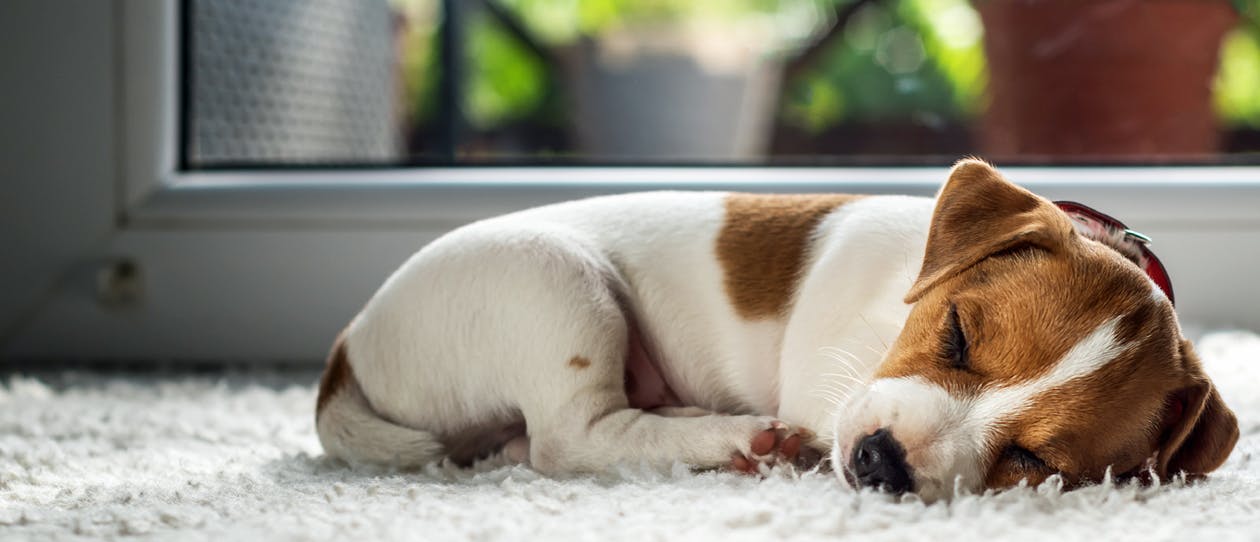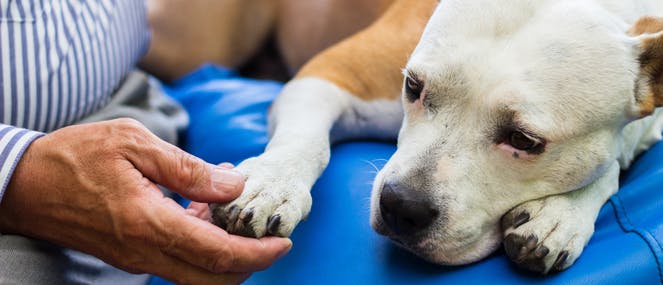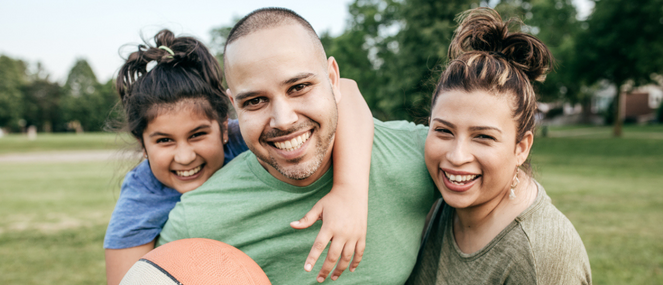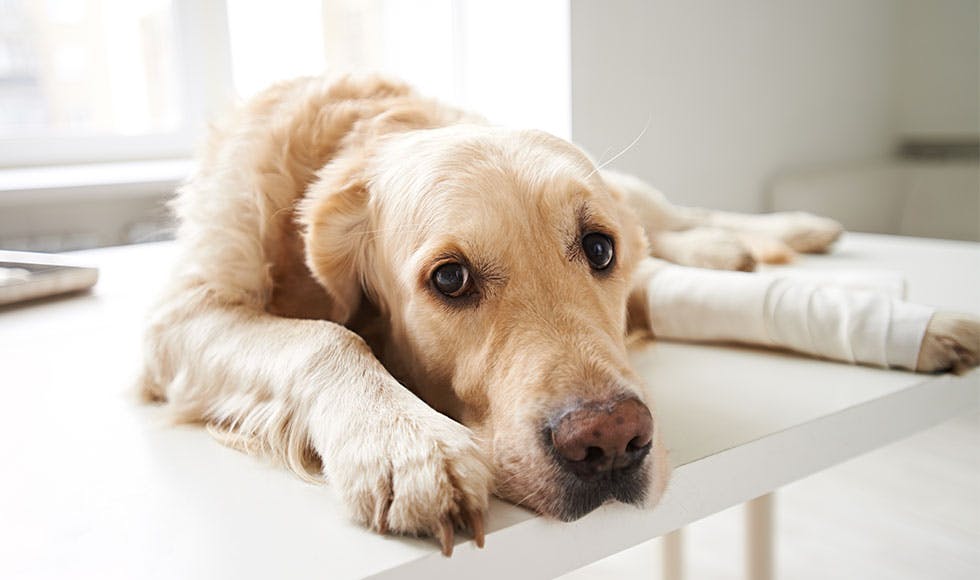
- A Guide To Perfect Your Pet's Health/
- Health and Vitality Products For Your Dog/
- Is your dog losing sleep? They could be stressed


Most of us can relate to the odd restless night following a stressful day, or experiencing sleep problems during a particularly stressful time. And when our sleep does start to suffer, the standard advice is to bump up the relaxation, manage the stress in your life and generally do as many things that make us feel as good as possible.
It may have the same effect on our canine friends
A recent study used REM monitoring to assess the sleep of 16 dogs of varying breeds after exposing them to a range of positive and negative experiences. The positive experiences included being patted by their owner and playing games, while the negative involved being separated from their owner and being approached threateningly by a stranger.
While those that experienced the negative events fell asleep sooner, they also experienced more frequent waking, while the dogs that experienced the positive activities slept far more deeply, with less time spent in REM sleep (this is the active sleep stage with increased heart rate).
While the odd unpleasant experience – or sleepus interruptus, is hardly cause for alarm, a frequently unhappy pooch may start to suffer sleep and other stress related health problems.
Research shows stress and shortened lifespans may be linked
One of the larger studies on the subject involved surveying 721 owners whose dogs had passed away, with a comprehensive questionnaire covering a wide range of topics; including demographic information, training, behavioural characteristics, health history, age at and cause of death. The research concluded fear and stresses could well be linked to premature death, and extreme or prolonged anxiety linked to skin conditions - which are very uncomfortable for dogs, and negatively impact the quality of their life.
What else can cause canine unrest?
As well as being separated from their owner or being approached threateningly by a stranger, there are a range of activities that could be causing your pooch stress. Storms, illness or injury, a new baby or pet coming into the house, frequent disagreements or going through a separation – meaning they may spend less time with a favoured family member could also cause stress and anxiety. Contrary to popular belief, research suggests dogs also don’t enjoy overt displays of affection, like being hugged or kissed.
How you can tell if your dog is stressed?
Signs can include:
- going off their food
- panting
- flattening their ears
- drooling
- hiding
- shivering or shaking or barking
If you notice these, it’s time to find the cause of the stress and see what changes can be made to help them. If you’re struggling to address the problem, a good animal behaviourist can help you get to the root of the problem and find a solution that works. But remember that dogs can lose sleep due to reasons other than stress, including medical problems, so please consult your vet to discuss what may be happening with your dog.
Read more: INFOGRAPHIC: Anxiety in our pets
Follow us on Facebook (@pureanimalwellbeing) and on Instagram (@pawbyblackmores). Email us any time at pawinfo@blackmores.com.au - we love to hear from you. Responses will be from our animal-loving in-house vet.
Related products:
- PAW Complete Calm
Tasty kangaroo based chews that contains Tryptophan, B group vitamins and a blend of multivitamins and nutrients to support the general health and nervous function in dogs.




